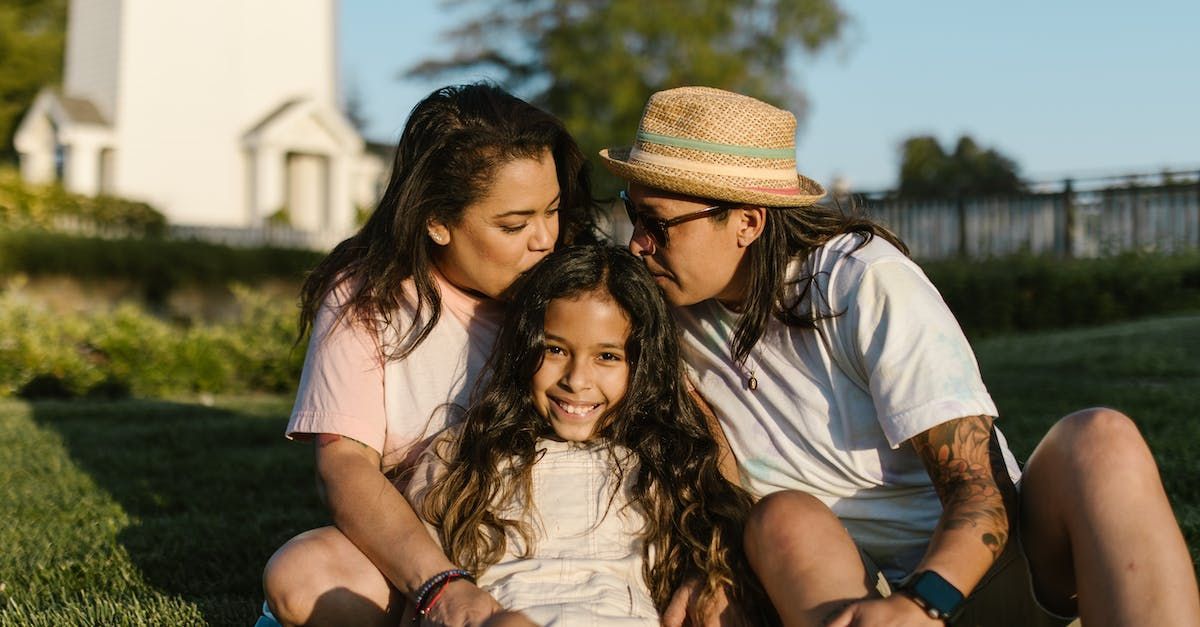Blog

Estate taxes, probate fees, and administrative requirements are essential considerations for LGBTQ+ individuals in Ohio when planning their estates. By understanding Ohio’s probate process and tax implications, LGBTQ+ individuals can take steps to minimize expenses, avoid delays, and ensure that their assets are distributed according to their wishes.

Parental rights and guardianship issues are crucial components of estate planning for LGBTQ+ parents, who may face unique challenges in securing legal recognition of their relationships with their children. Ohio law still presents obstacles for non-biological and non-adoptive LGBTQ+ parents, making it essential for them to take proactive measures to protect their rights and ensure continuity of care for their children if they pass away or become incapacitated.

Estate planning tools like wills, trusts, and beneficiary designations are vital for LGBTQ+ individuals and couples, particularly those in Ohio who may face unique legal challenges. Properly executed, these tools help ensure that assets are distributed according to an individual’s wishes, minimize potential conflicts with family, and provide legal protections for partners and chosen family members.

Estate planning, while not glamorous, is essential for everyone, as it allows individuals to specify how they want their assets distributed, who will make medical decisions on their behalf, and who will care for their minor children if they pass away. However, for members of the LGBTQ+ community in Ohio, estate planning holds even more importance. Despite the progress made in recent years, many legal and social challenges remain that can complicate the estate planning process for LGBTQ+ individuals and couples. And now, more than ever, the legal landscape for members of this community is once again uncertain due to the current political climate in our country and our state. Historically, Ohio’s legal system did not recognize same-sex relationships, limiting LGBTQ+ people’s ability to make legally binding decisions about their partners and children. While the landmark U.S. Supreme Court case Obergefell v. Hodges (2015) ensured marriage equality across the United States, and thus in Ohio, LGBTQ+ people continue to face unique issues in estate planning, family law, adoptions, name changes, etc. Many LGBTQ+ Ohioans who do not choose to marry or who face estrangement from their families may still encounter legal barriers when ensuring their assets go to their chosen beneficiaries or when arranging for healthcare and guardianship decisions, not to mention the issues surrounding custody and adoption that can arise.

Hey there, welcome to the Parks Legal blog! We're thrilled to have you here. Make sure to bookmark this page because we'll be sharing all the latest updates and information relevant to our firm and the services we offer. Whether it's family law, Medicaid, estate planning, or probate, we've got you covered. Stay tuned for insightful articles, helpful tips, and important announcements. We're here to support you and your family every step of the way.

